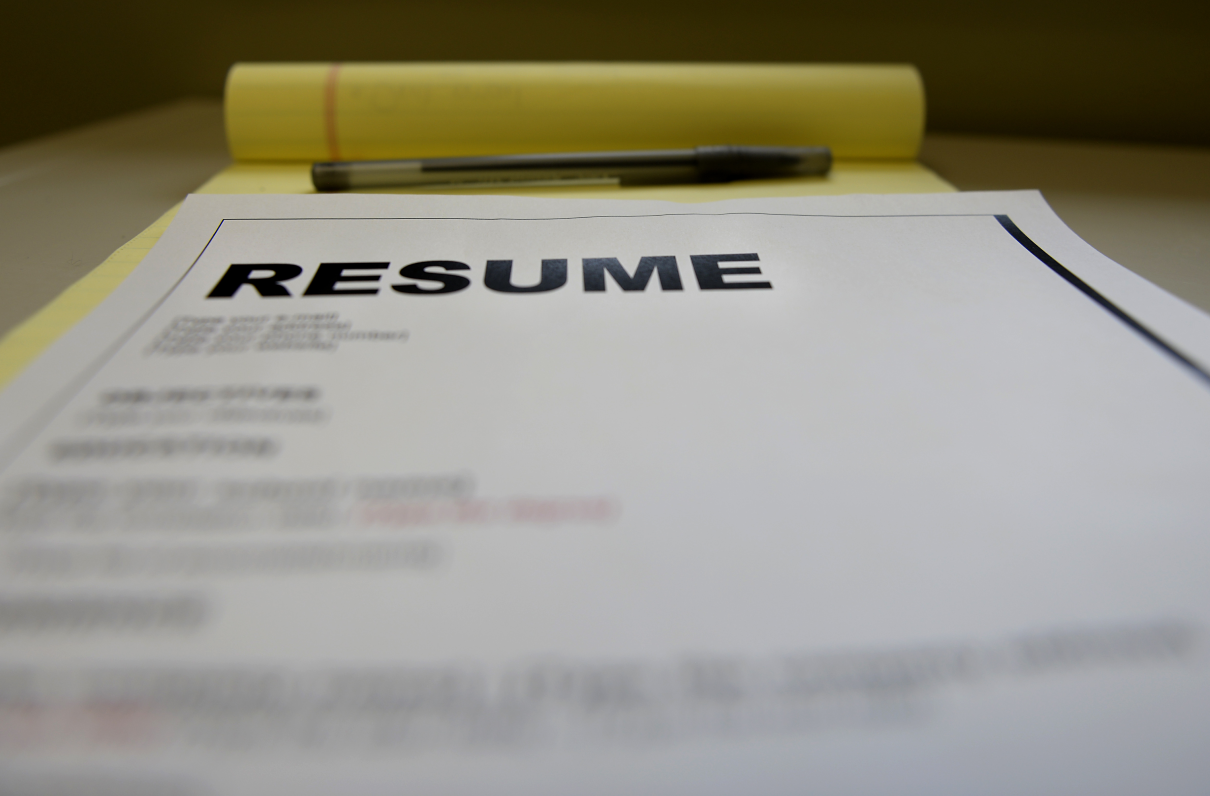When applying for a non-federal job, submit a cover letter with your résumé unless the announcement specifies otherwise. The cover letter is your opportunity to emphasize what you bring to the table and, more important, to provide a more complete picture of who you are and why you are interested in the position.
You want to get the attention of the hiring team - in a good way. Do some homework first. Use your network to find out who the decision-maker is and as much as you can about the organization's values, style, and employees.
[Related: How to Write a Job-Specific Résumé]
Use standard business format and address the letter to a specific person if possible. Get a name or at least a title from LinkedIn research, the human resources department, or your network. Let your personality show through, but don't be too informal.
Your name is already in the signature block, so introduce yourself in the first line by describing who you are. For example: “I'm an engineering professional transitioning from a successful career in the military.” You then can express your enthusiasm for the job by saying you are inspired by the company values, work they are doing, or even because you are excited to return to the community where you grew up.
If you have talked to people in - or connected to - the organization (which I recommend you try to do before writing the letter), mention their names and what you learned from them about the company and position.
Highlight your most relevant and impressive skills that make you a good fit for the job. Give a few examples of your work, focusing on achievements that will translate well to the company's goals. Verbally demonstrate how you can fill their need.
Close the letter with a professional close such as “Sincerely.” The letter should be one-half to a full page and not longer, and don't forget to proofread.
Your mission is to relate to the reader and compel them to invite you in for an interview. A well-written cover letter also can provide a nice basis for opening the conversation and getting the interview off to a good start.




